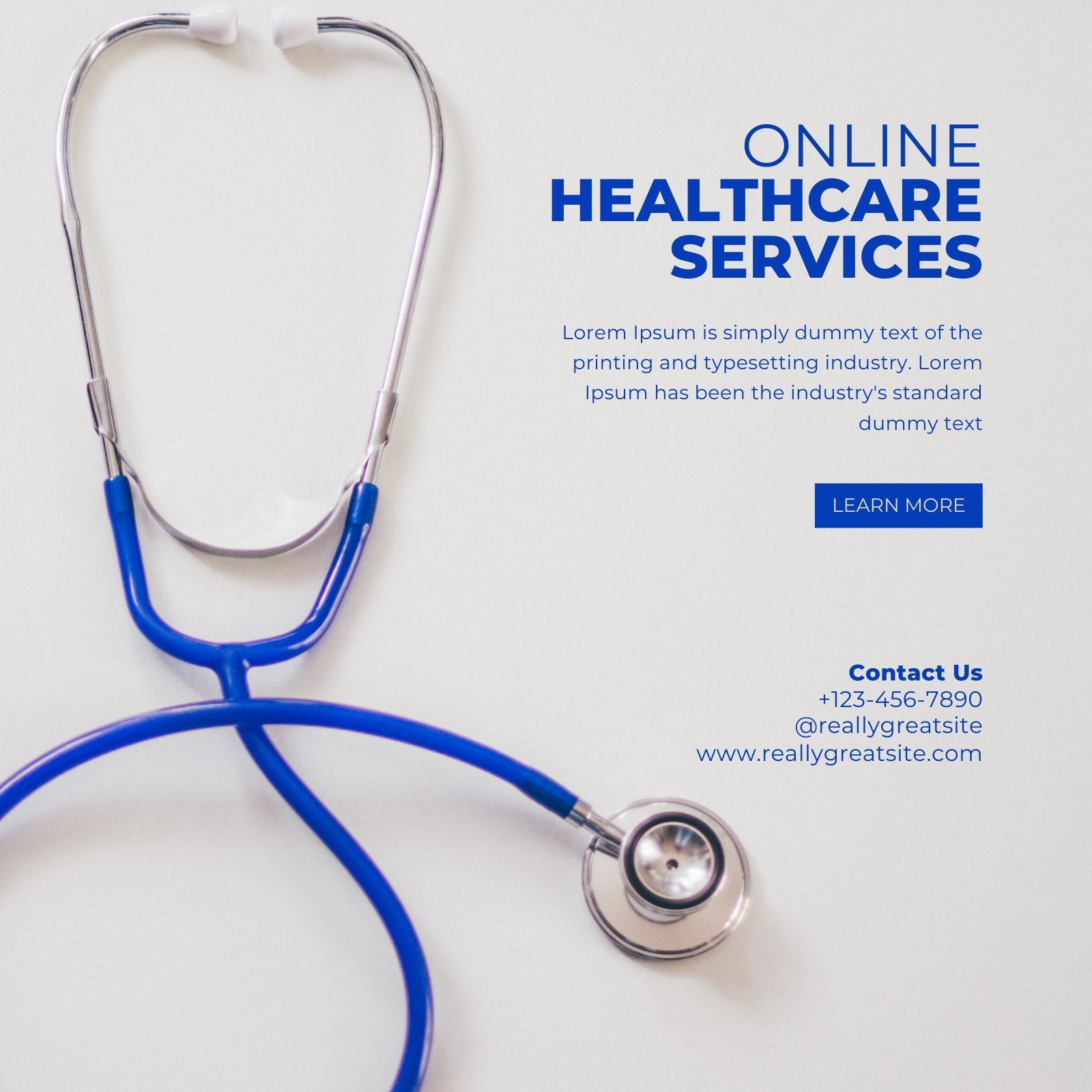How Subscription Based Healthcare is Transforming Patient Accessibility to Services
How Subscription Based Healthcare is Transforming Patient Accessibility to Services
Blog Article
Browsing the Future of Medicine With Subscription-Based Health Care Provider
As the healthcare sector progresses, subscription-based services emerge as a crucial design guaranteeing to reshape client care delivery. The responses to these questions can fundamentally alter our strategy to medical care.
Increase of Registration Health Care
As medical care systems all over the world face raising pressures from increasing prices and demand for solutions, the advent of subscription-based healthcare versions has arised as a transformative pattern. This innovative strategy is interfering with conventional medical care shipment by using a foreseeable, flat-rate settlement structure for medical solutions. Rooted in the concepts of attendant medicine, subscription-based healthcare enables suppliers to focus on tailored client care while concurrently taking care of operational effectiveness.
The surge of this model can be credited to numerous elements. Technical improvements have actually enabled more seamless combination of treatment through telehealth and digital wellness documents, helping with the scalability of subscription solutions. In addition, the increasing consumer demand for openness and predictability in health care expenses has driven the shift towards this version. Subscription-based services commonly supply direct access to healthcare experts, which can lower the administrative worries related to insurance coverage claims and reimbursements (subscription based healthcare).
This version is obtaining grip among varied doctor, from main treatment physicians to specialized facilities, by lining up monetary rewards with preventive and constant treatment. By moving the emphasis from volume to value-based care, subscription medical care has the possible to improve the landscape, promoting a more lasting and patient-centered method to health administration.
Benefits for Individuals

Additionally, subscription-based services commonly stress preventative treatment, motivating regular exams and health and wellness screenings. This positive method can result in very early detection of health and wellness issues, potentially enhancing end results and reducing long-lasting health care expenses for clients. Such designs generally use transparent rates, allowing people to much better understand their healthcare costs and prevent unanticipated medical expenses.
The individualized nature of subscription-based medical care additionally improves individual experience. People can obtain customized health care strategies that match their certain requirements, promoting a more patient-centric method. This personalization can cause better client complete satisfaction and adherence to treatment strategies. Registration services often integrate wellness programs, supporting clients in keeping total health and wellness and wellness. Inevitably, these benefits collectively add to a more effective, economical, and patient-friendly medical care experience.
Modern technology's Role in Transformation

Expert system (AI) plays an essential role in predictive analytics, helping in early diagnosis and customized therapy strategies. AI algorithms evaluate vast datasets to identify patterns that may be forgotten by human monitoring, therefore improving clinical decision-making. Digital health records (EHRs) simplify individual information management, making certain continuity and comprehensibility of treatment across numerous services and providers.
Blockchain modern technology improves data safety and privacy, critical for preserving patient trust fund in digital systems. It allows safe and secure and transparent purchases of medical information, ensuring that sensitive info continues to be protected. With the integration of artificial intelligence and AI, blockchain can automate intricate medical care procedures, reducing management concerns.
Difficulties and Factors To Consider
While modern technology drives the capacities of subscription-based healthcare solutions, it likewise introduces a collection of challenges and considerations that have to be dealt with to make certain effective implementation. One significant challenge is the equitable availability of these services.
Information privacy and protection stand for another important factor to consider. Subscription-based solutions frequently require the collection and storage space of vast amounts of personal health information. Carriers must stick to rigid data defense laws to keep individual count on and stop unapproved gain access to, which could bring about significant ethical and legal effects.
Furthermore, the sustainability of membership models positions an obstacle. As healthcare needs develop, maintaining a cost-efficient equilibrium in between subscription costs and solution quality is essential to avoid client dissatisfaction and attrition. In addition, integrating these services within conventional medical care systems needs smooth interoperability between platforms, which is often a complex and resource-intensive undertaking. Dealing with these obstacles is essential as subscription-based healthcare services remain to advance and expand.
Future Effects for Medication
Subscription-based health care services are positioned to substantially influence the future landscape of medicine by improving just how care is accessed and supplied. These models use the prospective to democratize medical care accessibility, supplying individuals with even more tailored and timely interventions. By leveraging modern technology, such as telemedicine and data analytics, membership solutions can assist in continual surveillance and customized wellness monitoring, thus boosting results and minimizing the burden on traditional medical care systems.
As these services gain grip, they can boost a shift in the direction of preventative care, emphasizing the significance of very early discovery and monitoring of persistent conditions. This aggressive approach might inevitably reduce medical care costs by reducing the demand for expensive therapies arising from late-stage disease administration. Registration versions use a scalable solution to resolve disparities in medical care access, specifically in rural or underserved populaces.
However, the shift in the direction of subscription-based designs requires dealing with moral and governing factors to consider, including data personal privacy and fair accessibility. As the industry advances, joint efforts between policymakers, innovation developers, and health care suppliers will certainly be important to establishing robust frameworks that secure individual passions while cultivating development. Inevitably, these solutions promise to add significantly to a much more reliable, patient-centered healthcare community.

Verdict
Subscription-based health care solutions stand for a considerable evolution in the clinical field, visit this site providing foreseeable costs and personalized care that enhance access and prioritize precautionary actions. Technical innovations, such as telemedicine and AI-driven Find Out More analytics, assist in customized client experiences, enhancing overall health and wellness results. Challenges such as information personal privacy and equitable gain access to should be dealt with to guarantee the widespread advantages of these solutions. As the medical care landscape progresses, subscription models are poised to play a vital role in shaping the future of medicine.
As the health care sector advances, subscription-based services emerge as an essential model promising to improve patient treatment distribution.As health care systems around the globe face enhancing pressures from increasing expenses and demand for services, the advent of subscription-based healthcare versions has actually arised as a transformative trend (subscription based healthcare).With the increase of subscription-based health care models improving standard healthcare shipment, patients are beginning to experience considerable advantages from this cutting-edge method. As medical care requires evolve, maintaining an affordable balance in between registration charges and solution high quality is important to protect against client frustration and attrition.Subscription-based healthcare solutions are positioned to dramatically influence the future landscape of medication by reshaping just how care is accessed and supplied
Report this page